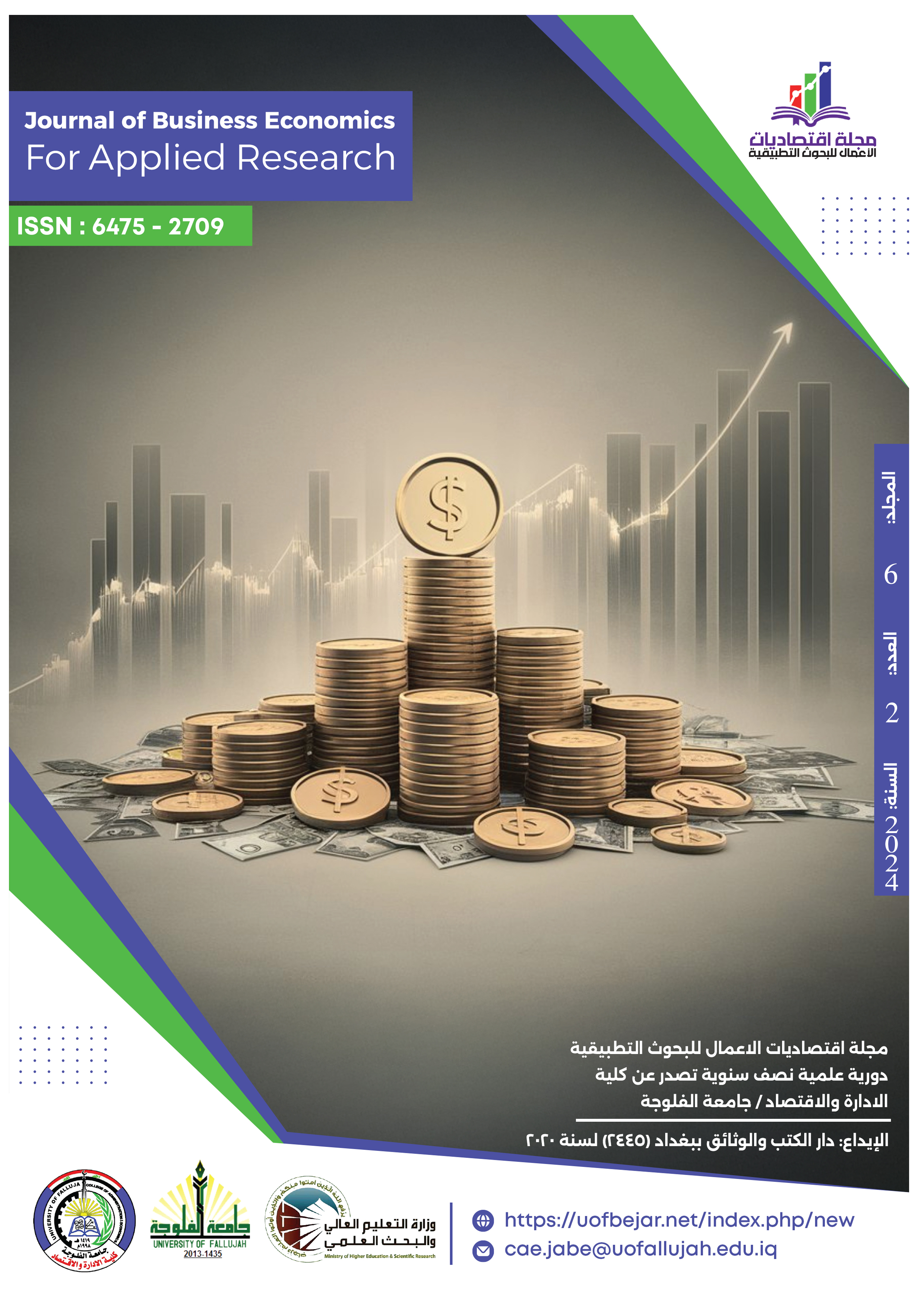The possibility of accepting the stability property in the metaverse technology guided by the process of storing knowledge: a survey study in the faculties of the medical group at the universities of Mosul and Nineveh
Abstract
This study investigates the behavioral intentions of faculty members in higher education institutions regarding the adoption of knowledge management-oriented metaverse technology. The research is based on the Unified Theory of Expanded Technology Acceptance and Use (UTAUT2), and aims to enhance understanding of metaverse adoption factors, and examine the associations between key constructs such as performance expectancy, effort expectancy, social influence, facilitating factors, price value, hedonic motivation, persistence and knowledge storage. The study relied on a cross-sectional design and a descriptive analytical approach. The questionnaire was distributed electronically and directly. The study sample represented (278) responses from respondents. (SPSS) and (Smart PLS) were used to analyze the data. The results showed that expected performance, expected effort, social influence, facilitating factors, price value, and pleasure motive have an impact on the behavioral intention to adopt the metaverse technology guided by knowledge management in the medical group’s colleges.



